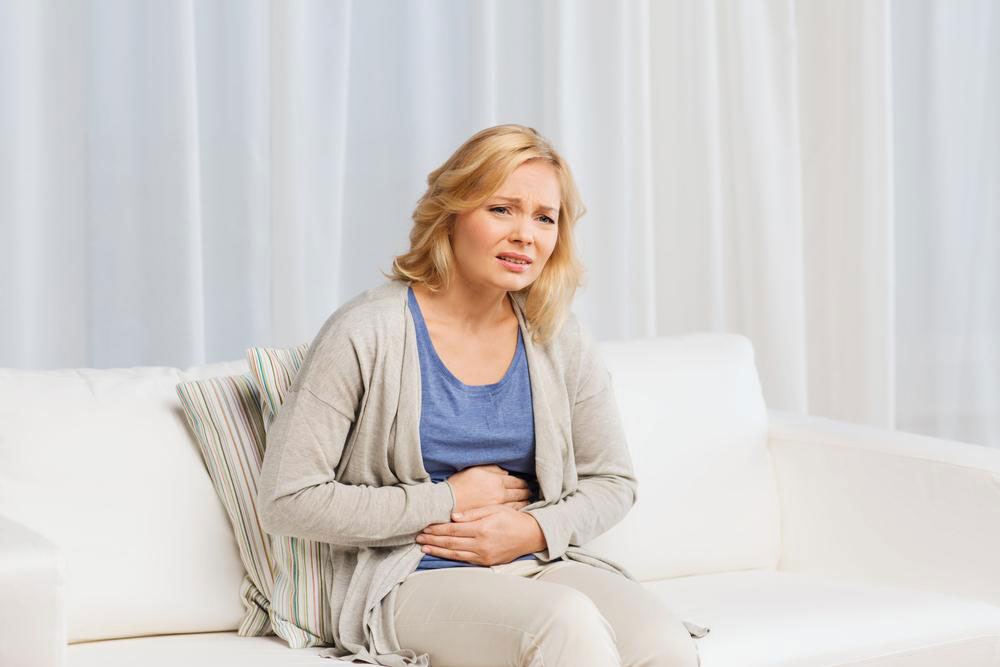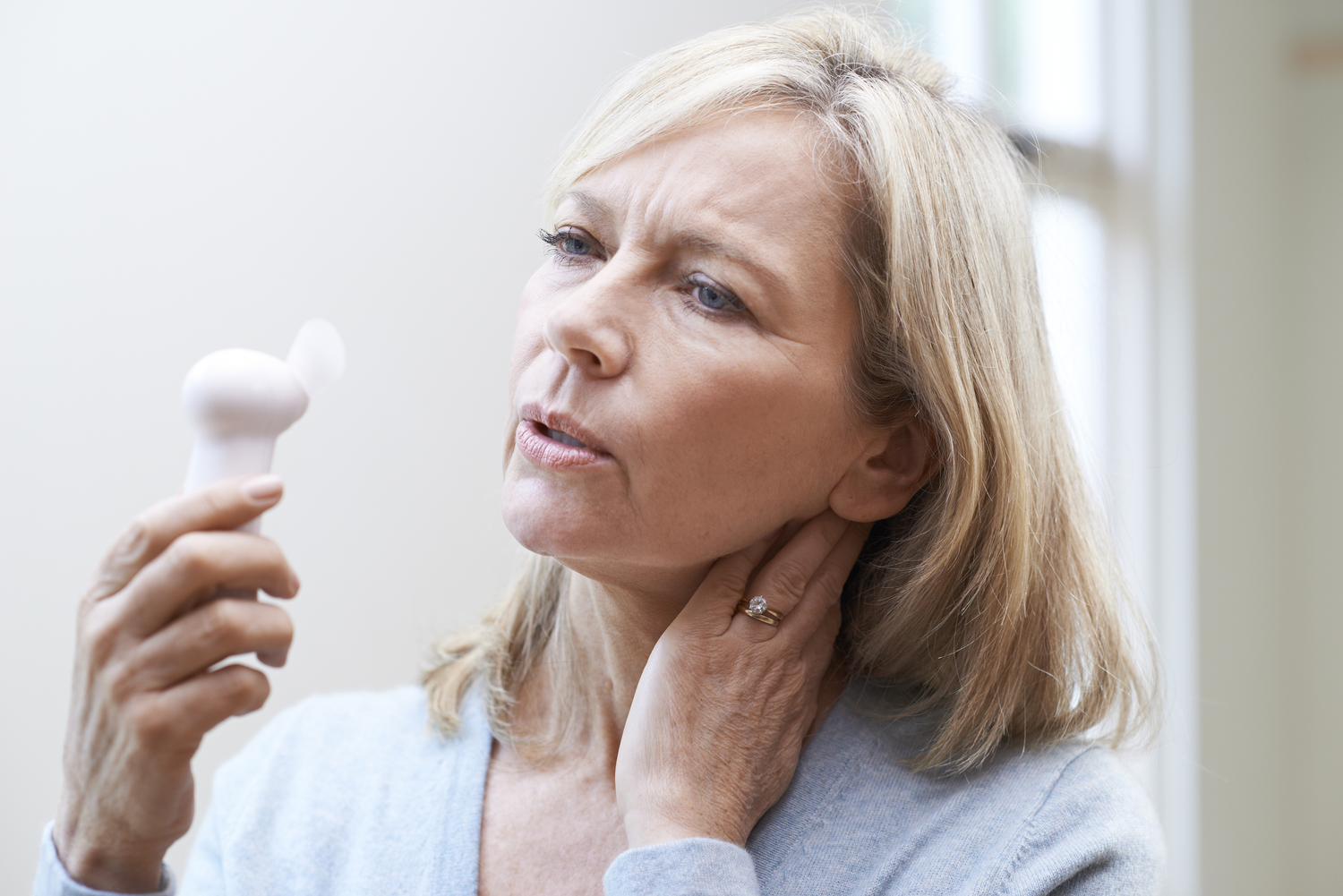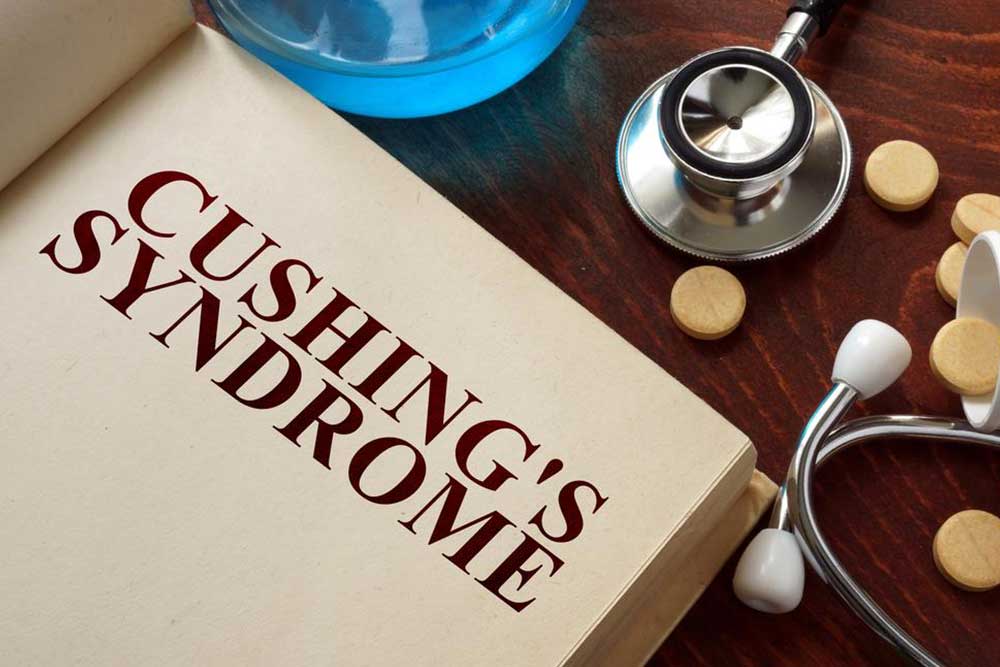Recognize These Common Menopause Symptoms Early
This comprehensive overview highlights key menopause symptoms such as irregular periods, hot flashes, vaginal dryness, sleep issues, and fatigue. Recognizing these signs early enables women to collaborate with healthcare professionals for effective management. Understanding these symptoms fosters better health decisions and smoother menopause experiences.

Recognize These Common Menopause Symptoms Early
Menopause marks the end of a woman's monthly cycle, but the experience varies widely. Some women face minimal discomfort, while others encounter challenging symptoms. Understanding these signs helps manage the transition effectively.
Menopause is the phase when menstruation stops, driven by declining estrogen production and ovary function. On average, women reach menopause around age 51, though some may experience it as late as age 60.
Research indicates that smoking can trigger earlier menopause. For many women, menopause entails more than fertility loss, often bringing symptoms like hot flashes and sleep disruptions. Each woman's experience is unique, with some reporting mood swings and others night sweats. Early awareness of these symptoms facilitates better communication with healthcare providers to find suitable management strategies.
Key menopause symptoms include:
Irregular Menstrual Cycles
During menopause, hormonal shifts often cause periods to become irregular, lighter, heavier, or absent. Spotting between periods is also common, resulting from lowered progesterone and estrogen levels. These changes are typical indicators of hormonal imbalance during this phase.
Hot Flashes
Approximately 75% of women experience hot flashes, characterized by sudden heat surges that lead to redness and sweating, particularly on the face and upper body. This reaction is due to decreasing estrogen levels. For some, these flashes diminish gradually; for others, they can be intense and unpredictable.
Vaginal Dryness
Reduced estrogen levels lead to dryness of the vaginal walls, causing symptoms like itching, burning, and discomfort during sex. To alleviate this, topical moisturizers or lubricants are recommended to enhance comfort.
Sleep Difficulties
Many women face sleep disturbances during menopause, including trouble falling asleep or waking early. Regular exercise, relaxing routines, and a calming environment can promote better sleep patterns.
Persistent Fatigue
Fatigue is a common menopause symptom, characterized by low energy, irritability, and decreased focus. It stems from hormonal fluctuations and can significantly impact daily life. Addressing hormonal imbalance is essential for relief.
Additional symptoms include night sweats, mood swings, hair thinning, decreased libido, weight gain, dizziness, and bloating. Recognizing these early helps in adopting effective coping strategies, leading to a smoother transition through menopause.










